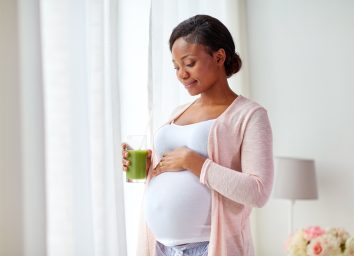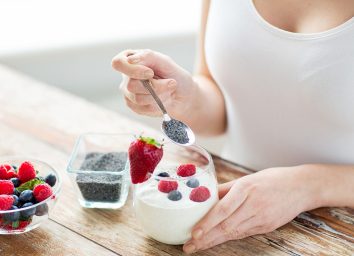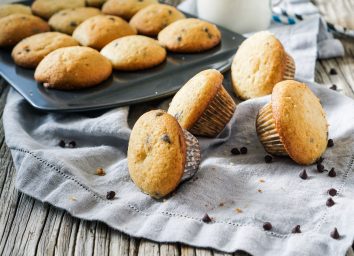The Worst Foods for Your Vaginal Health
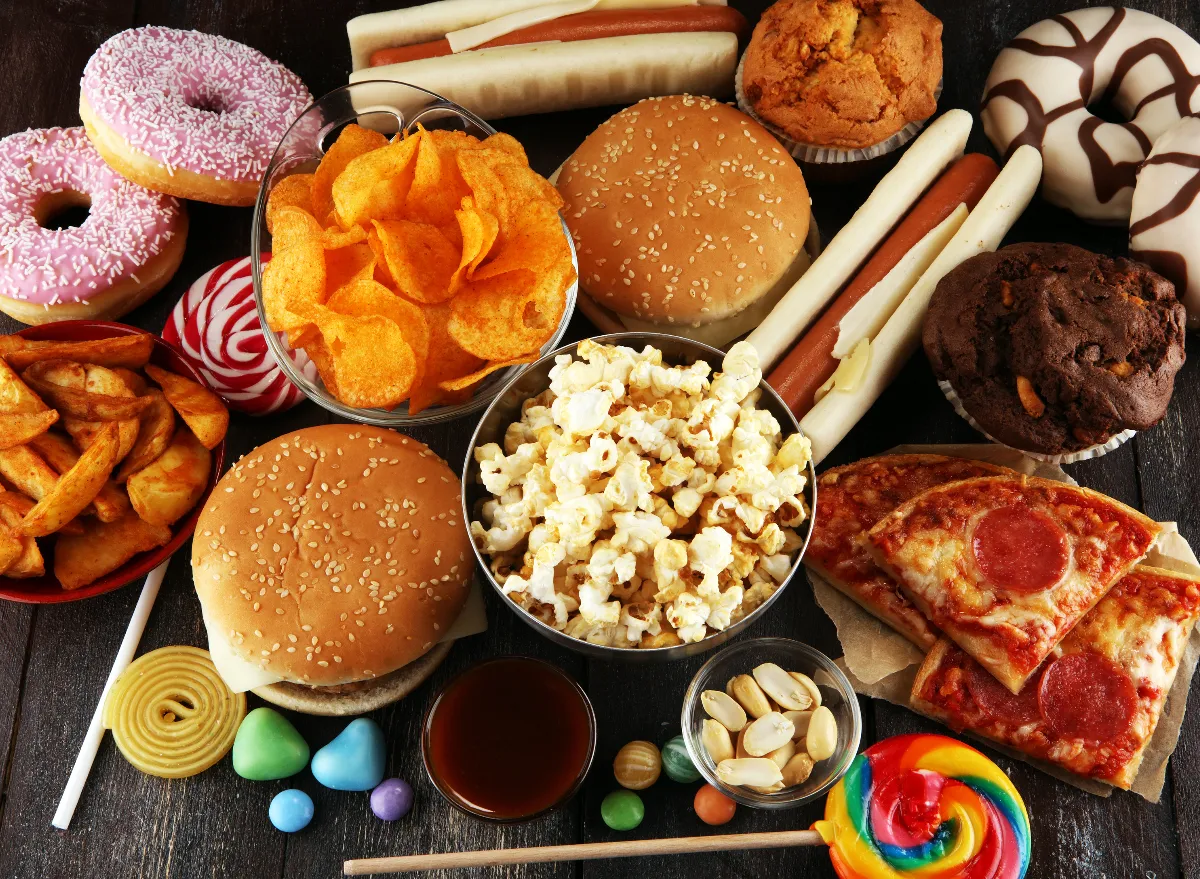
You already know that what you eat can impact your energy levels, skin, mood, gut health—everything in your body! And for women, that includes your lady parts.
And while eating a diet rich in probiotics (think Greek yogurt), antioxidants, like beta-carotene found in sweet potatoes, and low-sugar cranberry juice (great for preventing a UTI!), can improve your vaginal health, there are also some foods that can be less helpful in keeping bacteria balanced down there.
So to help you stay on tack, we spoke to experts to uncover the biggest offenders you should steer clear of, as they’re the worst foods for vaginal health. This way, you can focus on stocking up on the foods that will keep your vagina happy!
Sugar
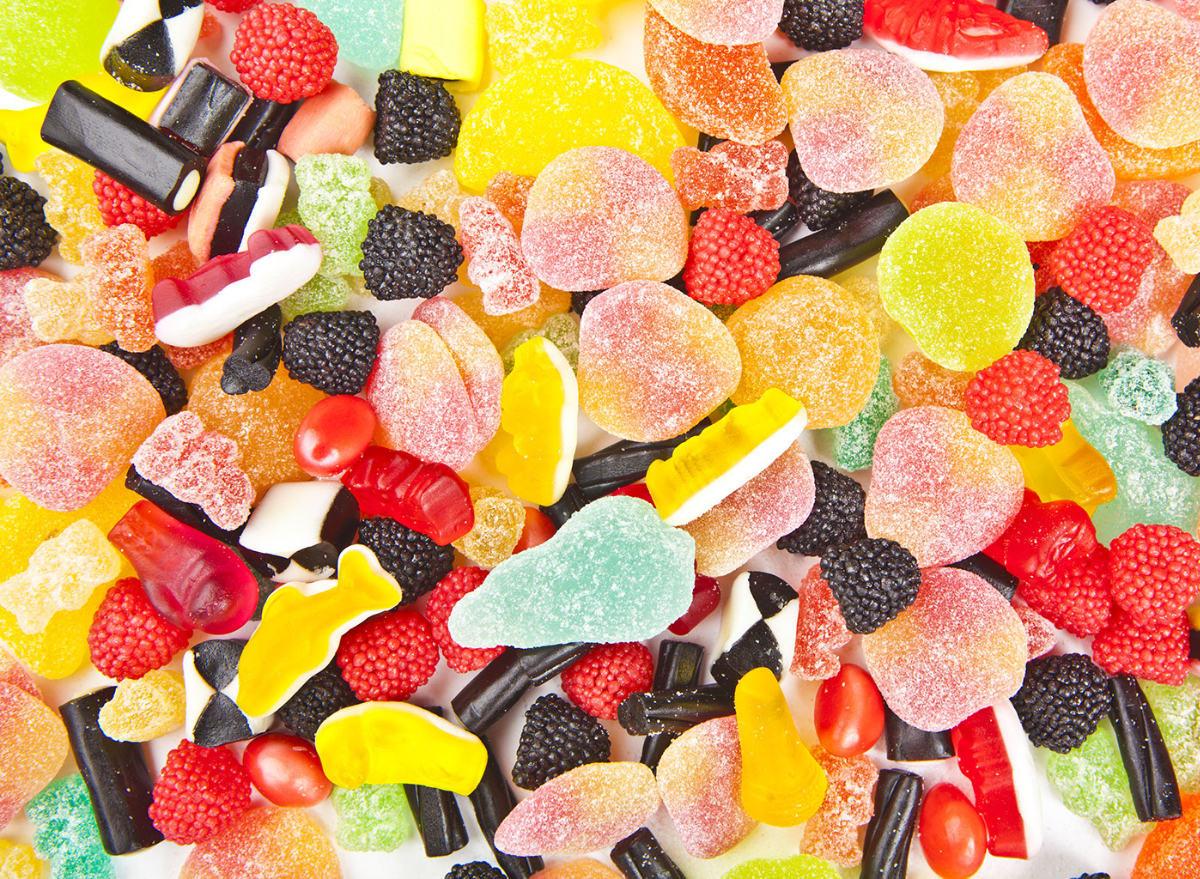
“Sugar on candy and other food items promote vaginal yeast growth because the vagina releases secretions that contain sugar, which paves the way for yeast to accumulate in the moistened area,” says Dr. Sunitha D. Posina MD, a board-certified internist and locum hospitalist in New York. Sugar can also alter the pH level of the vagina, which can prompt more yeast and bacterial growth in the vagina, too.
Processed Foods
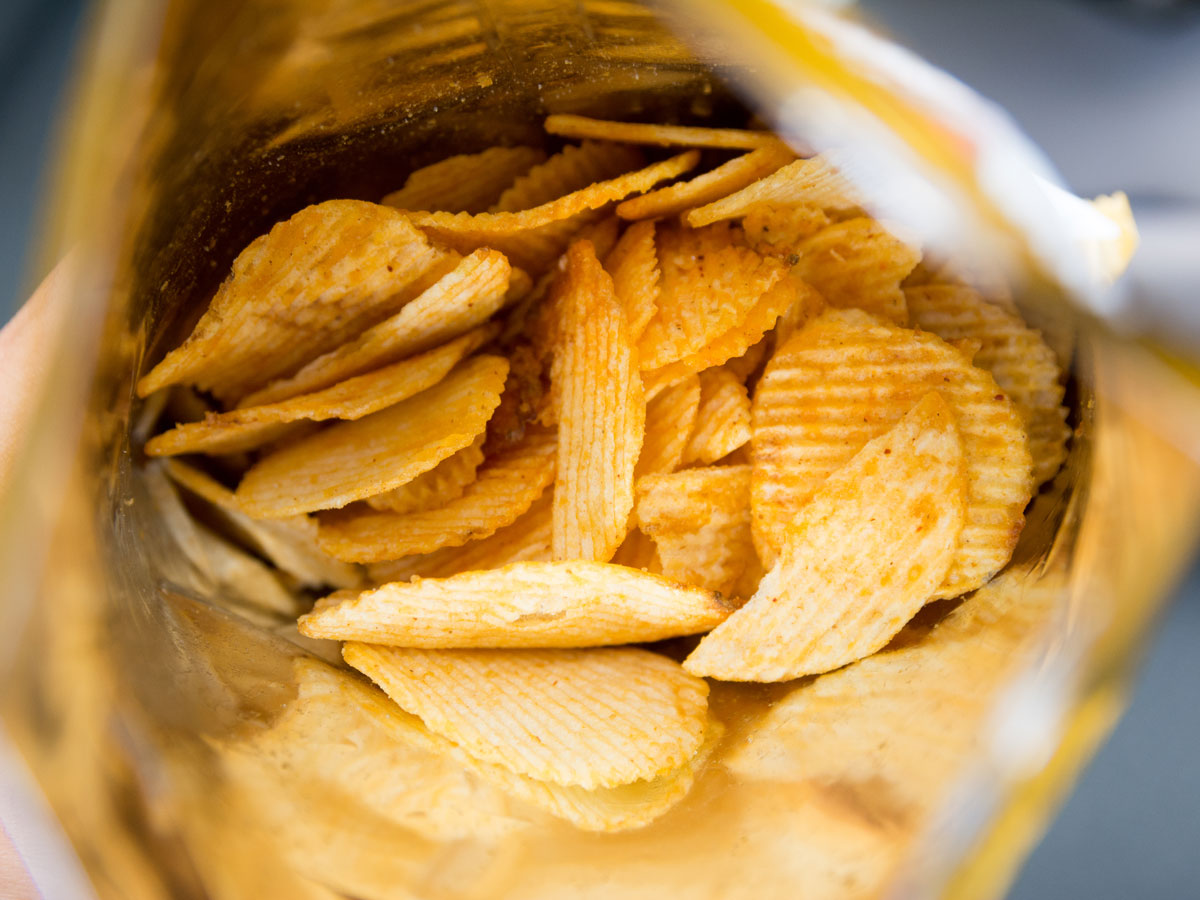
Sorry, but it’s time to ditch the packaged snack foods.
“Foods that are processed, such as packaged sweets, popcorn, smoked meats, dairy, and dried fruits, can affect your immune system, and if your immune system is oppressed by your nutrition, this can cause bacteria to populate the area, causing itching, infections, including bacterial vaginosis,” says Dr. Posina.
Looking for more helpful tips? Be sure to sign up for our newsletter to get daily recipes and food news in your inbox!
Meat and Dairy With Preservatives

“When you eat meat or consume products derived from animals who have been infused with growth hormones like xenoestrogen, which belongs to a group of xenohormones, compounds are usually artificially created to mimic the characteristics of hormones,” says Dr. Posina. This can actually disrupt endocrine function and the path of estrogen to the vagina, leaving it prone to infection.
Alcohol
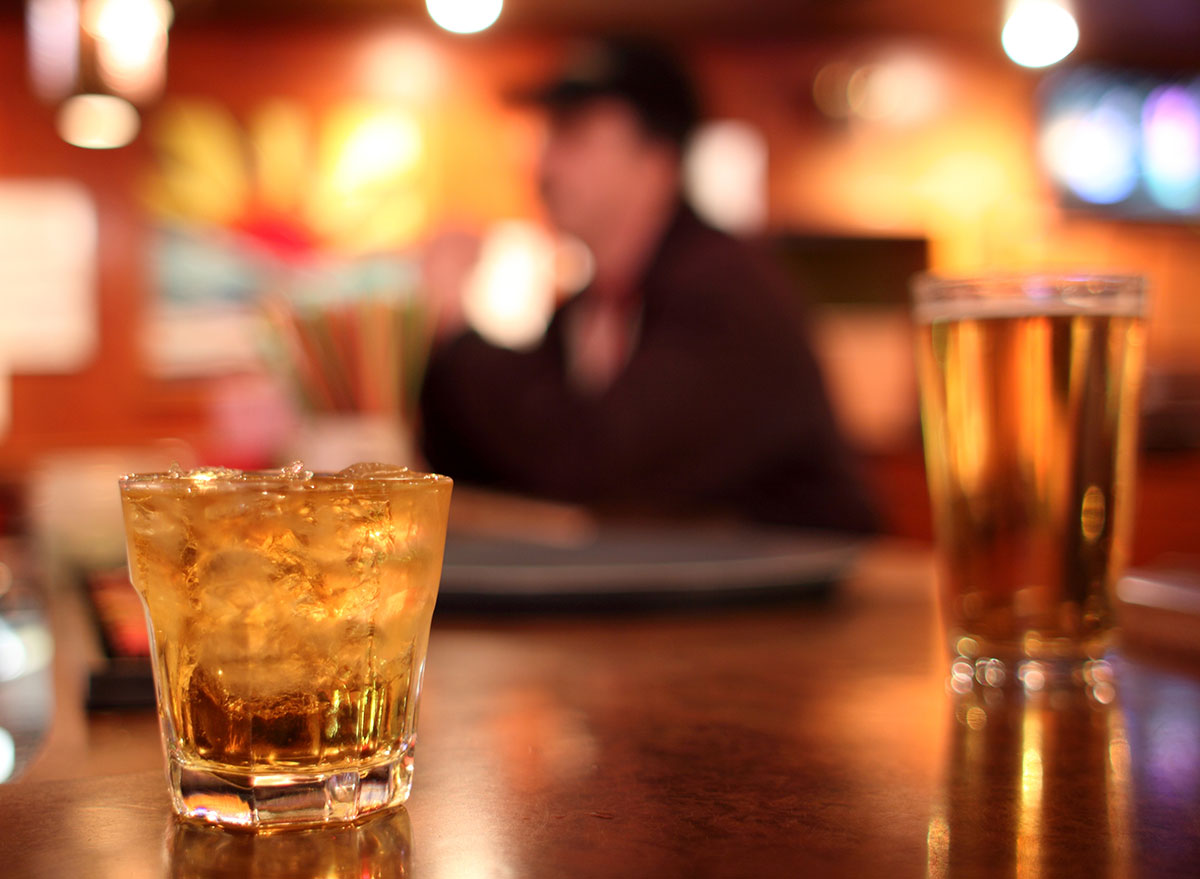
Excess alcohol can dehydrate your system, and much like the reaction in your mouth and to some extent your skin, your vagina can also become dehydrated if you are drinking too much without consuming water.
“Too much alcohol can also affect your sexual experience as the vagina has a more difficult time self-lubricating prior to intercourse,” adds Dr. Posina.
High-Fat, Greasy Foods
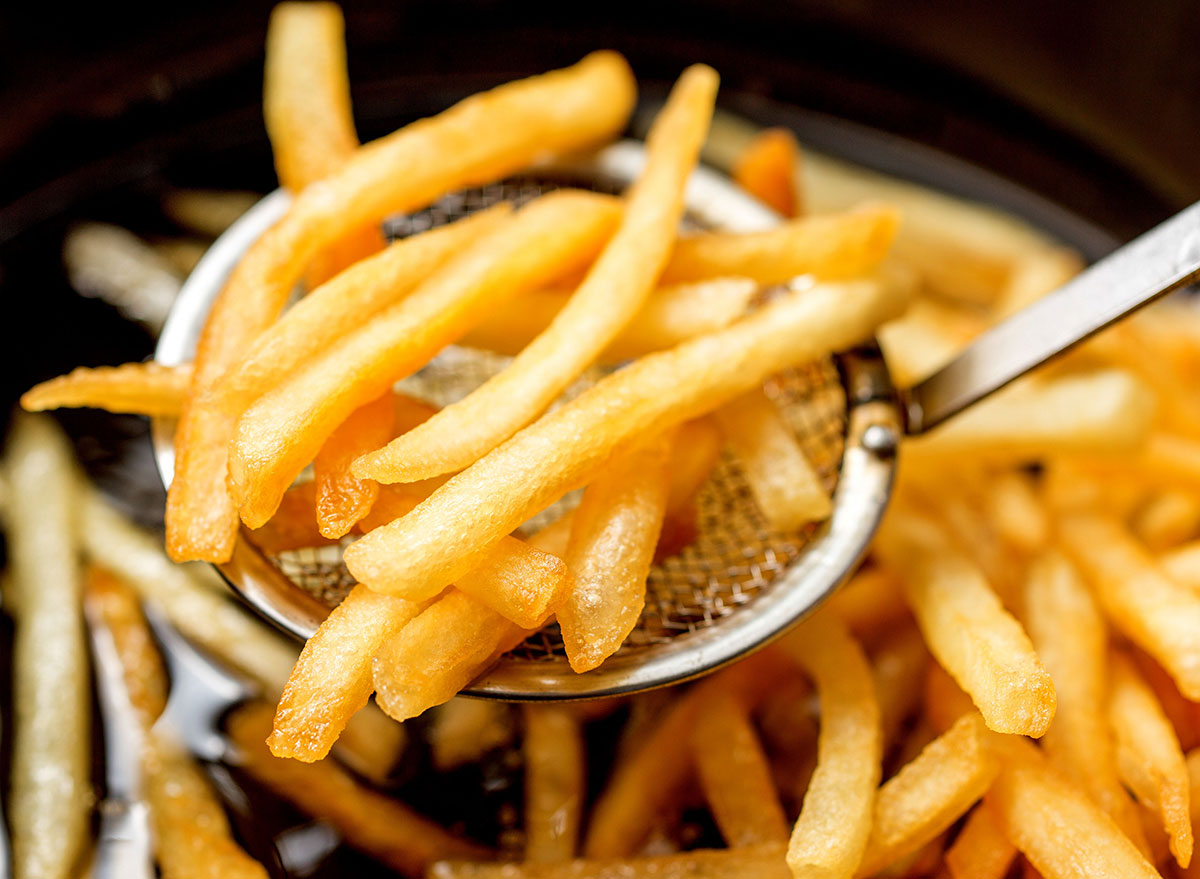
Fast food, like those beloved cheeseburgers and French fries, can make your vaginal health worse.
“High fat—especially fried foods—can affect the balance of bacteria in the vagina and are also associated with a higher risk for bacterial vaginosis,” says Vandana Sheth, RDN, CDCES, FAND. BV is a bacterial infection that can cause a foul odor and discomfort.
White Bread
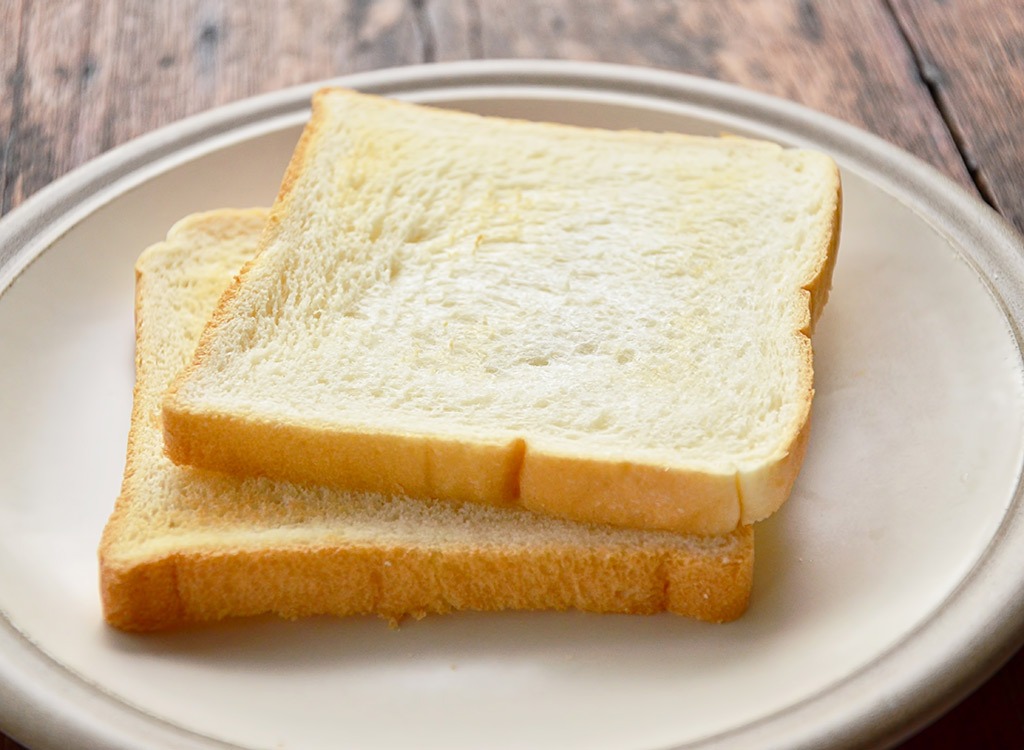
If you need another reason to ditch the white bread and go for whole grain or whole wheat, here it is.
“Refined carbs can cause a quick spike in blood sugar and this may increase your risk for bacterial vaginosis or developing a yeast infection,” says Sheth.
Asparagus
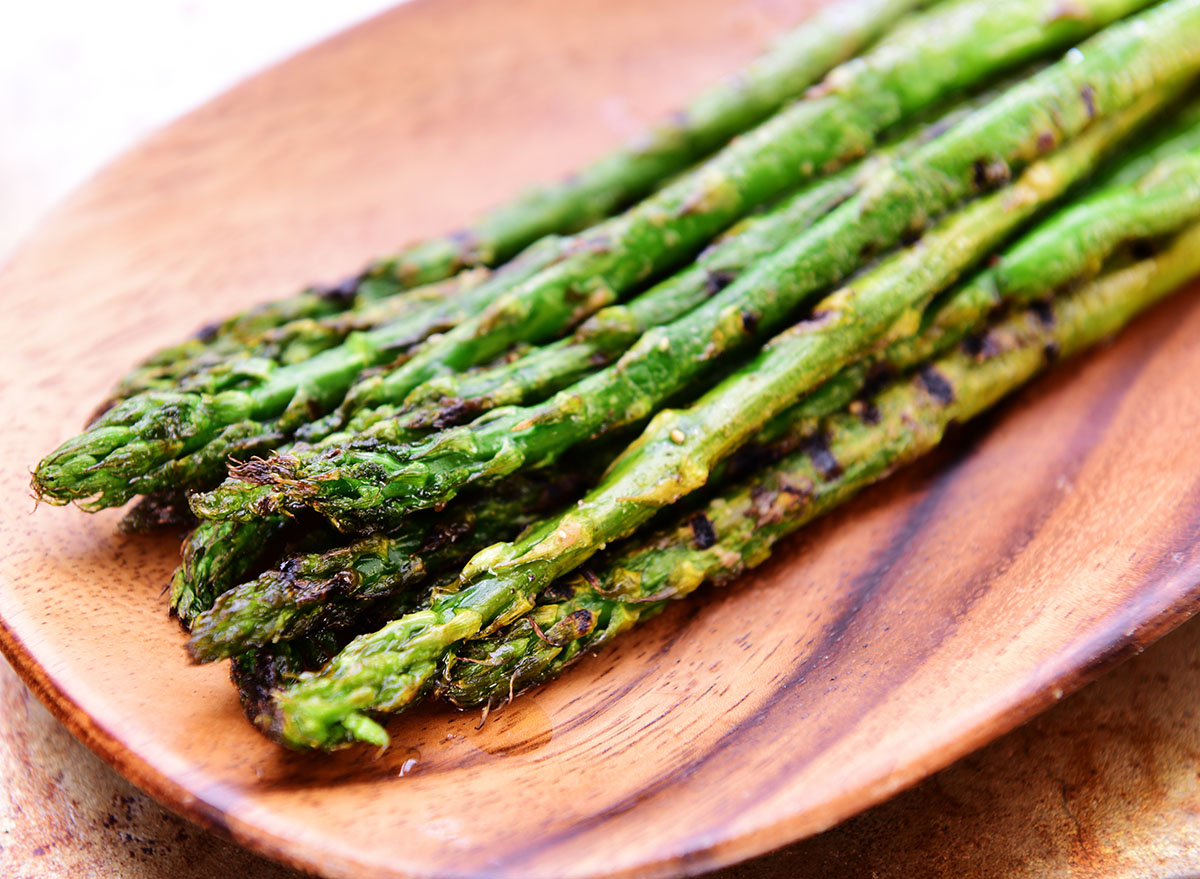
Eating asparagus may do more than make your urine smell. It can also affect your vaginal pH, which may make it more prone to infections, says Sheth.
Coffee

That cup of java is good for your brain, but it may not be great for your vagina.
“Coffee may negatively affect our body’s ability to fight candida and increase risk of a yeast infection,” says Sheth.
Steak
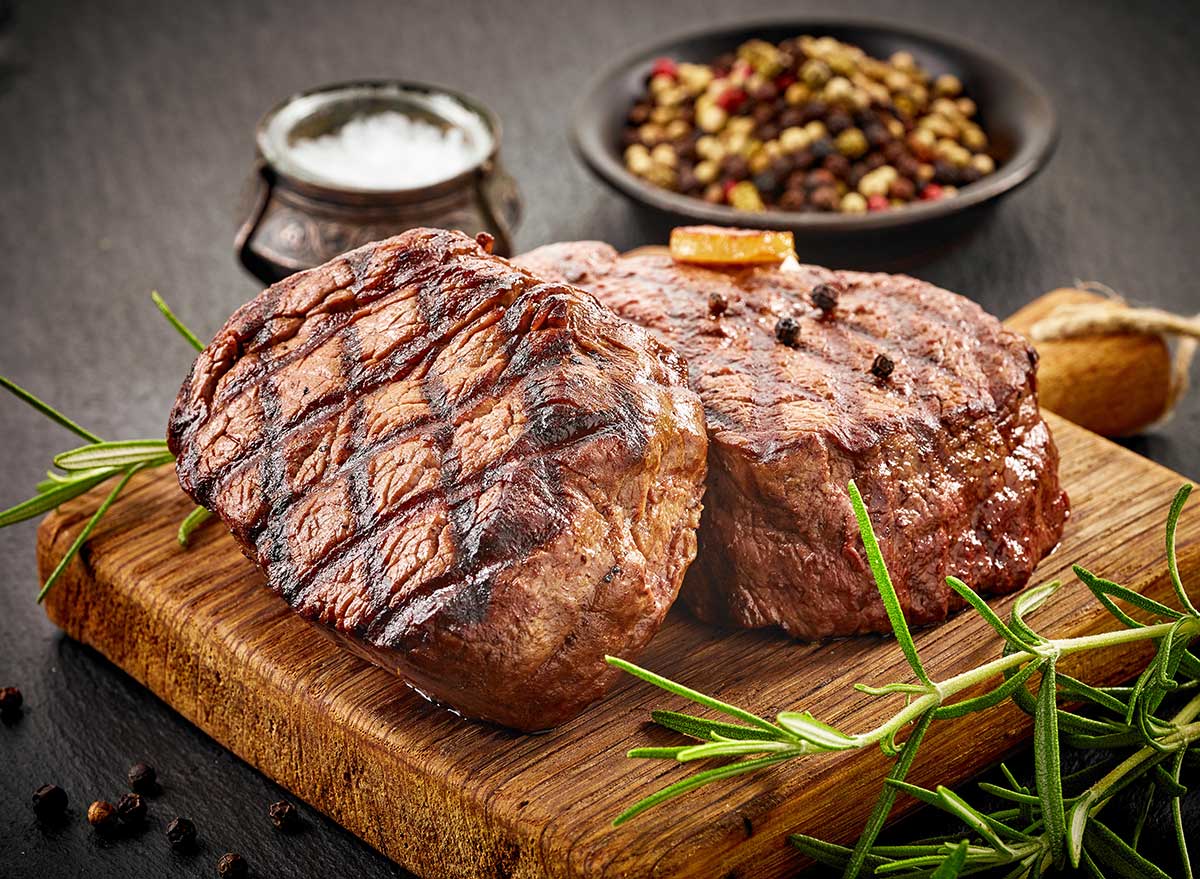
Steak is high in saturated fat, which can lead to inflammation. And that’s not ideal for vaginal health.
“Generalized inflammation negatively alters the body’s immune system’s ability to fight infections, increasing the risk of acquiring vaginal infections,” says Felice Gersh, M.D., award-winning OB/GYN and founder/director of the Integrative Medical Group of Irvine, in Irvine, CA and the author of PCOS SOS Fertility Fast Track.
Artificially Sweetened Drinks

Artificially sweetened beverages impair the gut barrier, increasing risk of leaky gut. Leaky gut releases inflammatory cytokines, which can even lead to heightened anxiety and depression.
“There is an association of mood problems and vaginal health. Mood problems will lower libido, which in turn can indirectly impact upon vaginal health,” says Gersh.

